How do you turn an Ice Factory into a time machine?
Well, if you’re writer Ben Tagoe, all you need is a pen, some cash and a very talented actor.
Perth-born Ben is the writer, co-director and producer of hit play, Better Days, which tells the story of young man Danny’s coming of age during the acid house movement of the early ’90s.
Inspired by his own “going out” days at legendary Tayside club night The Rhumba Club, which took place in the Fair City’s Ice Factory nightclub, Better Days was finally brought home in the spring of 2023.
And the roof-raising, one-man show saw Rhumba veterans reunited on the very tiles upon which they once danced nights away.
“The response was amazing, we ended up with two packed nights in both Perth and Dundee,” smiles Ben, who grew up in Perth but now lives and works in Yorkshire.
“It was very much like a reunion, especially in Perth, with it being the Ice Factory where a lot of us spent a lot of years on the dancefloor!”
Indeed, die-hard house fan and fellow Rhumba Clubber Barry Leitham says he had “goosebumps” when he walked into his old haunt to see the show.
“Seeing Better Days in the Ice Factory was bizarre!” smiles Perth-based painter and decorator Barry, 53, who reveals he’s known Ben since their clubbing days.
“The nostalgia just grabbed me,” he continues.
“Everybody that was there was everybody that used to all go down to the Rhumba back in the day. It’s the first time I’ve been in a nightclub for… oh God, I wouldn’t like to think how long!
“Anything that can take you back to your youth like that is just amazing.”
Tayside punters hungry for Better Days
Super-fan Barry was the first through the door when Better Days opened at the Fringe this year, where the show has had another successful run.
And he was one of the many Tayside patrons who put up cash when Ben started a Crowdfunder in 2022 to try and take the play from the script to the stage.
By asking people to buy a ticket in advance, Ben successfully raised more than £10,000, which helped pay for lighting, sound, touring costs and everything else required to stage the show.
“Most of the money came for that original Crowdfunder from back home, in Tayside, to be honest,” the 48-year-old writer reveals, shouting out current Rhumba Club custodian and DJ Wayne Dunbar as one of his top supporters.
“In fact, the majority came from people who I used to go to the Rhumba Club with,” Ben continues.
“So that community has really sort of endured for what is now, as much as it pains me to say it, a full 30 years.”
The ’90s were ‘better days’ to come of age
Both Ben and Barry agree that the staying power of the Rhumba Club community is partly down to the “once-in-a-generation” nature of the acid house movement.
“I feel very lucky, I was very fortunate to just enter adulthood at a point where there was this amazing thing going,” Ben recalls.
“You’d go through and go to a party on the Friday night, and you wouldn’t come home until a Sunday anyway. It was an amazing time.”
“I think it was the last of the big youth movements,” observes Barry.
“There was the lobbying in the ’60s, punk ’70s, then the illegal rave scene in the ’80s and house in the ’90s… nothing’s really happened since then.
“It was better days!”
And it’s that shared experience which both men think makes Better Days such a potent, visceral show for audiences.
“So many people who come to the show, it’s their life story,” says Ben.
“Absolutely, that character [Danny] was 100% me!” laughs Barry. “And I took my 24-year-old son to see it, which isn’t great, as now he knows what I got up to!”
Ben’s dream for Better Days on big screen
Now, Ben wants to harness the house music community’s shared enthusiasm again and kick Better Days up a notch, launching a second Crowdfunder to try and make the play into a feature film.
And this time, he’s aiming for £30,000.
The higher budget, Ben explains, would be used in a large part to pay for the licencing of the beloved house anthems which make up the Better Days soundtrack, such as the eponymous Jimi Polo track.
It’s a big undertaking which, at the time of writing, has amassed just 2% of the goal amount. But for Ben, screen is the dream medium.
“I am a screenwriter to trade,” explains Ben, who has worked on soaps including Coronation Street, Emmerdale and EastEnders.
“I’ve always wanted to make a feature film, and it just felt like this is a film that there’s a real natural audience for.”
‘Hate to love overnight’ for ecstasy generation
Barry agrees, counting himself among that eager audience.
“There’s been nothing like this,” he enthuses. “You get the odd film here and there that’ll maybe go back to the house music days, but this is the story of what did happen, to turn all the violence of that time into love.
“Don’t get me wrong, when you’re young you don’t mind a bit of pushing and shoving!” he adds jovially. “But I was 18 in ’88, and you were all in clubs back then in your wee groups.
“If there were groups from out of town, there would be trouble. Even with groups from different schemes, there would be trouble. Everybody stuck to their own wee bit.
“And then it just suddenly seemed to change over a month or two, and everybody was all loved up with each other! What a time to be alive – overnight, hate to love!”
Indeed, Ben found himself fascinated by the coexistence of the ‘violent’ football hooliganism of the ’90s and the arms-wide, acid house “ecstasy generation”.
In his youth, he experienced first-hand the shift from the terraces to the dancefloor.
“I started going to the Rhumba Club in 1991 when I was 16, so that was my coming of age,” he recalls.
“The play is very much about that transition from and coexistence of terrace culture, football hooliganism, and acid house music,” he continues.
“I’m always fascinated by how those two scenes coexisted, because it’s two things that people wouldn’t think would go together, but they actually did.
“I’ve got so many friends from both clubbing and football, and maybe ten years earlier, there wouldn’t have been the same mix of people.
“I’m very careful not to be judgemental about football violence and terrace culture; it’s just a very truthful telling of how those two things merged together.”
Film will expand on one-man show
Since the play is a one-man show, Ben explains that the film would expand on the story told on stage.
And as a Perth transplant in an adopted homeland of Yorkshire, the strong clubbing links between Scotland and the north of England are something Ben would like to explore more on screen.
“There was a load of guys from the Rhumba Club that used to go to a club in Nottingham called Venus, and vice versa,” he recalls. “There was a real forging of alliances across borders between DJs and clubbers, and I’d really like to tap into that.”
And he admits he “would love” to continue working with Hull-born actor George Martin in the part of Danny.
“George and I have got a brilliant working relationship. His performance on stage has been pretty extraordinary,” Ben beams.
“There are lots of characters who are referenced who would become part of the film,” he adds.
“Sometimes there’s a more grounded authenticity to stuff when there’s no household names. So I would love to just find a cohort of lesser-known actors.”
Back to the future for Better Days
Nowadays, the acid house scene may be a distant memory for the likes of Ben and Barry, but both have noticed a resurgence of ’90s fashion, music and culture among the youth of today.
Barry first noticed it when at one of the Rhumba Club legacy nights, there were “all the guys my age – late 40s, early 50s – and then there’s all these young ones, 18-21, looking at you as if to say: ‘What are you doing here?’
“It’s brilliant,” he adds hastily. “The music brings everybody together.”
For Ben, the throwback to the ’90s is a sign of optimism after a long period of “grim times”.
“I grew up in the ’80s and I think that house music came at the end of a time where there had been a lot of angst and economic downturn,” he muses.
“There was high unemployment and unrest about immigration. The acid house movement emerged from that. And it feels, in a lot of ways, like we have been sort of transported back to the ’80s.
“I think time moves in cycles and I wonder if maybe we’re coming to another cycle like the early ’90s,” he muses.
“I hope we are.”
Visit the Better Days film Crowdfunder page to find out more about the project or contribute.
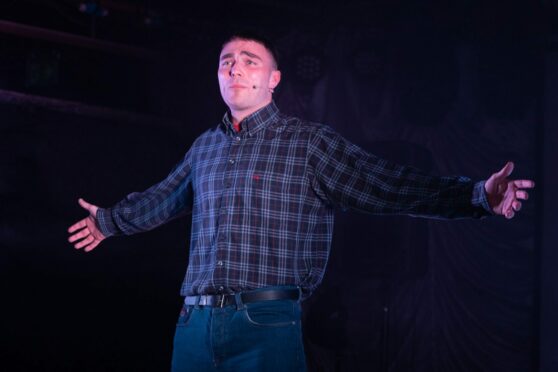
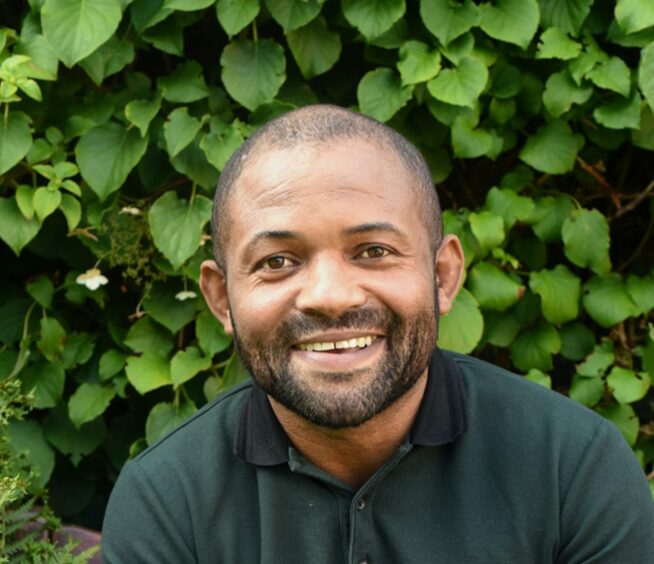
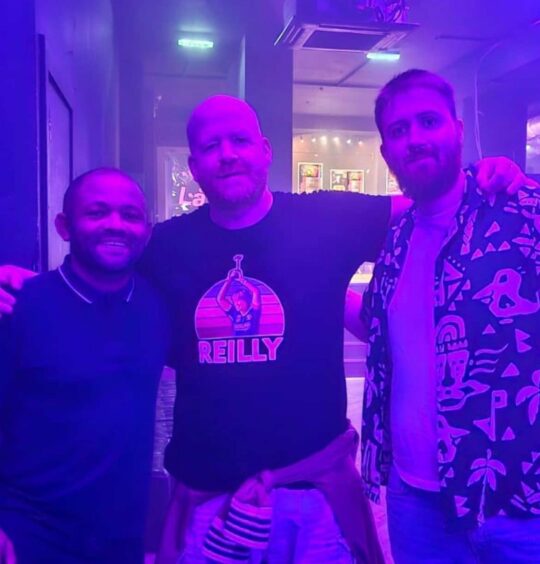
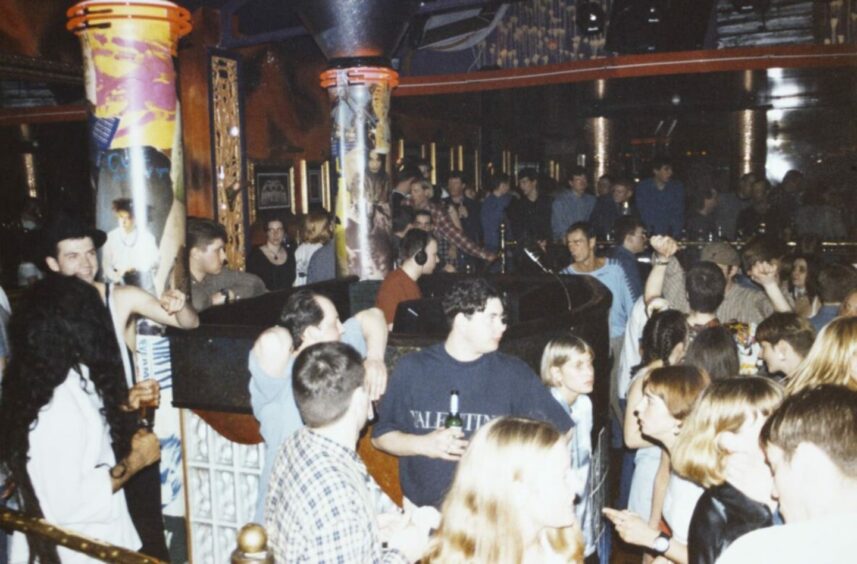
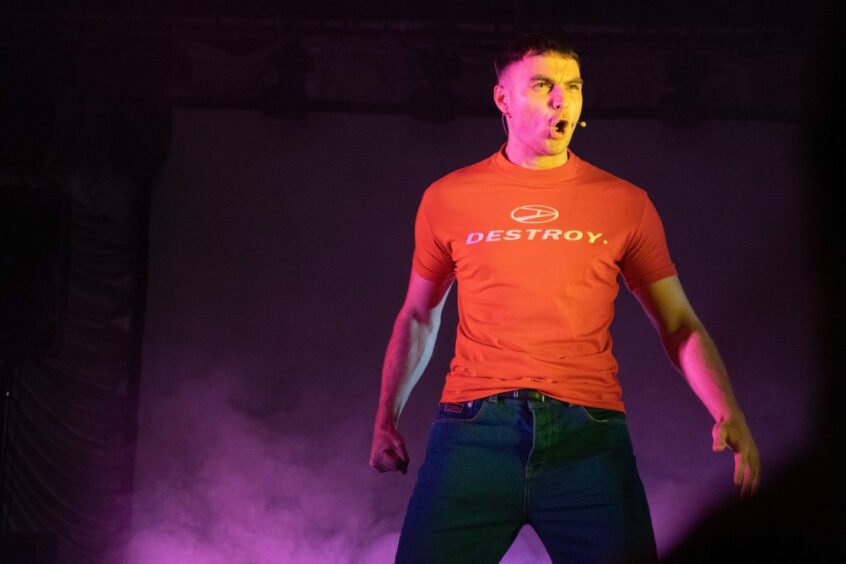
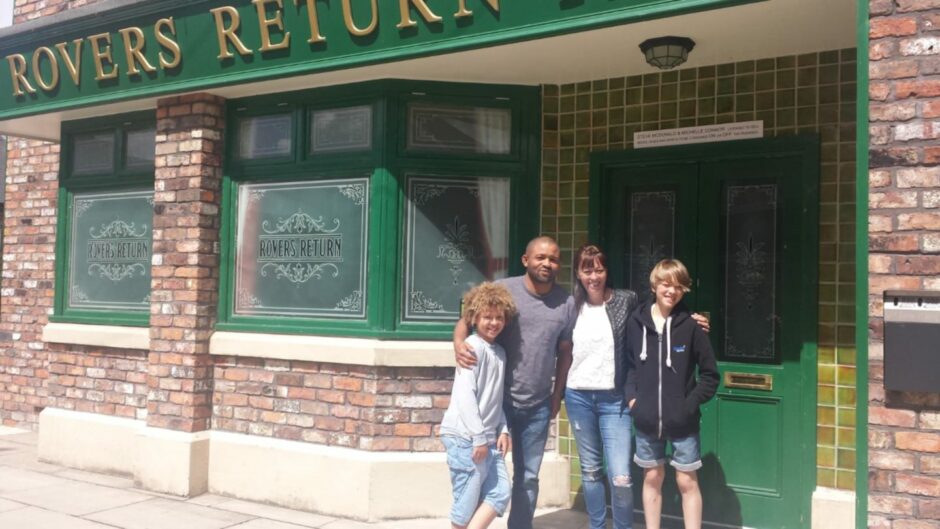
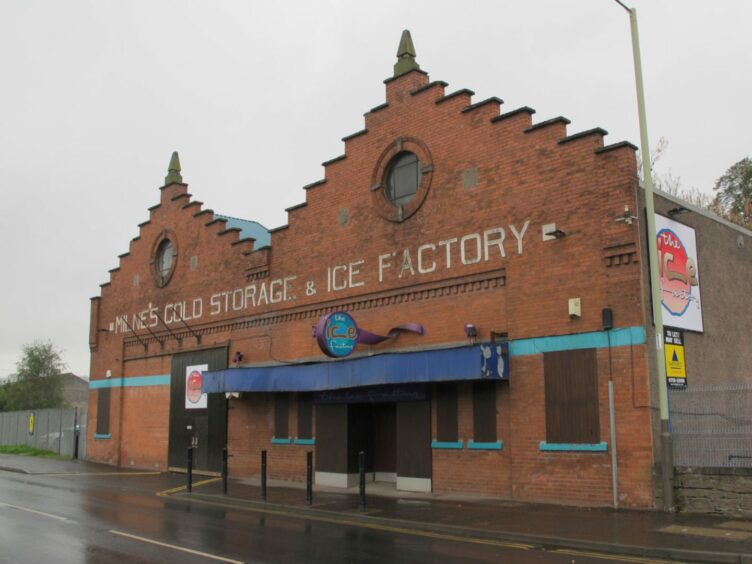
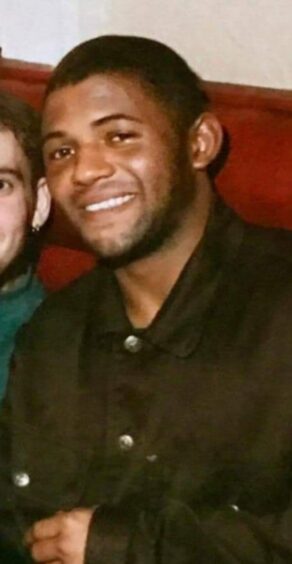
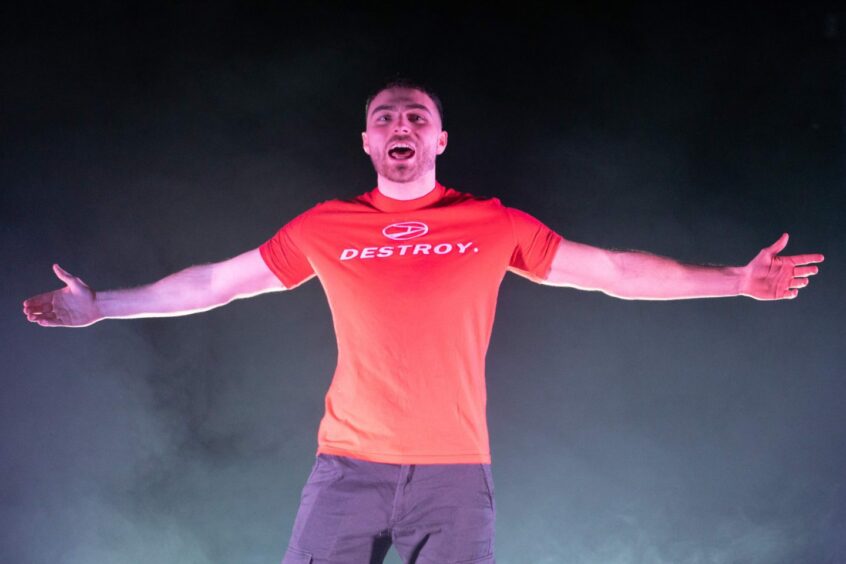
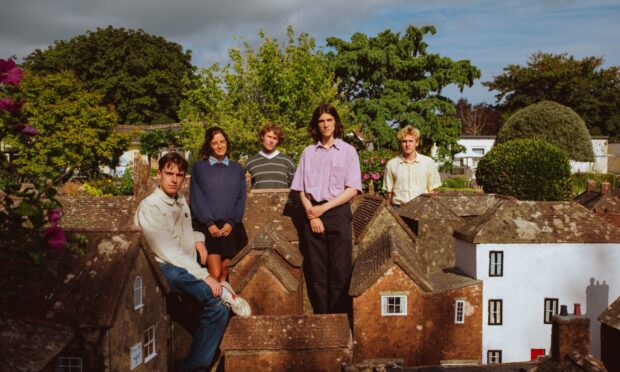
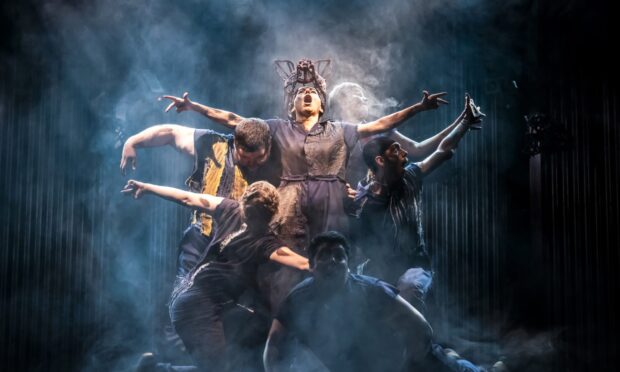
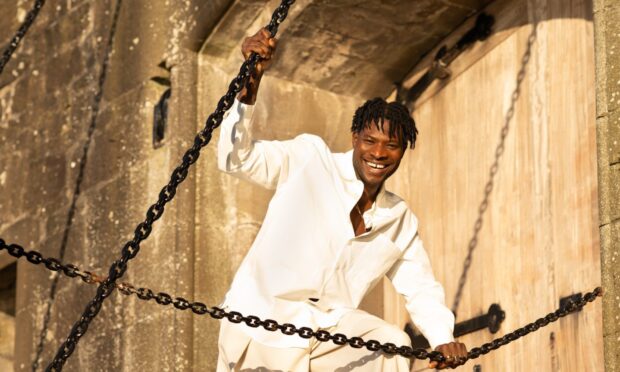
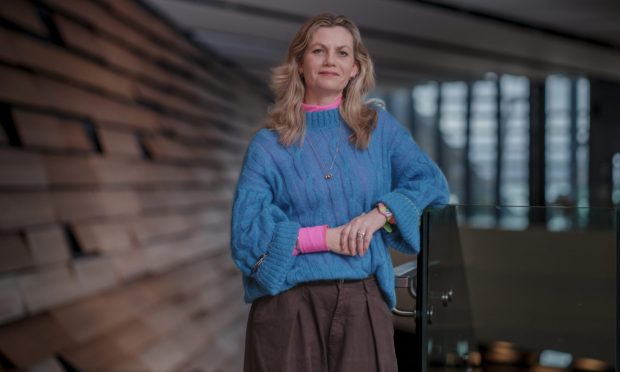
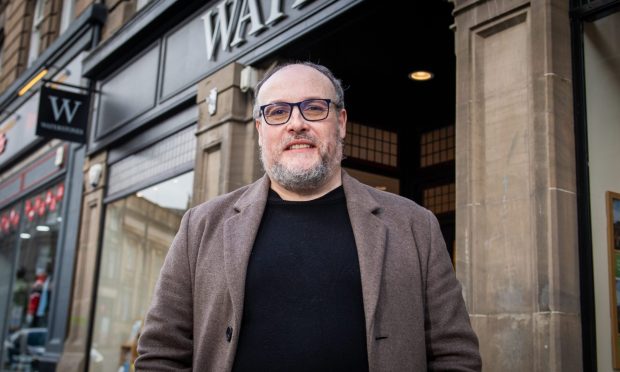
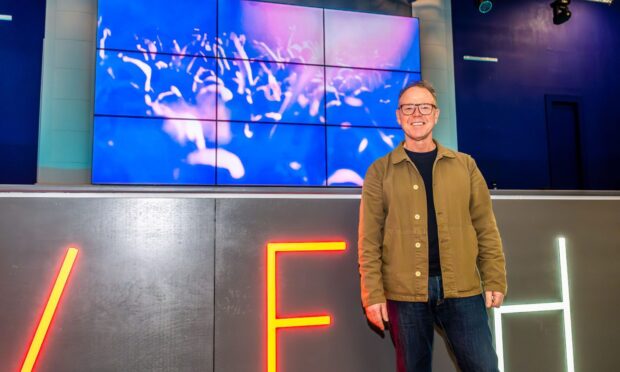

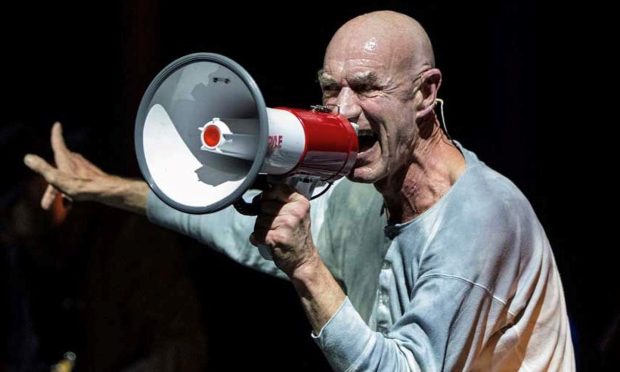
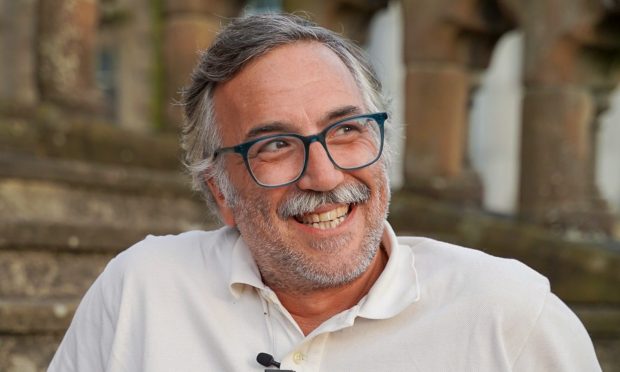
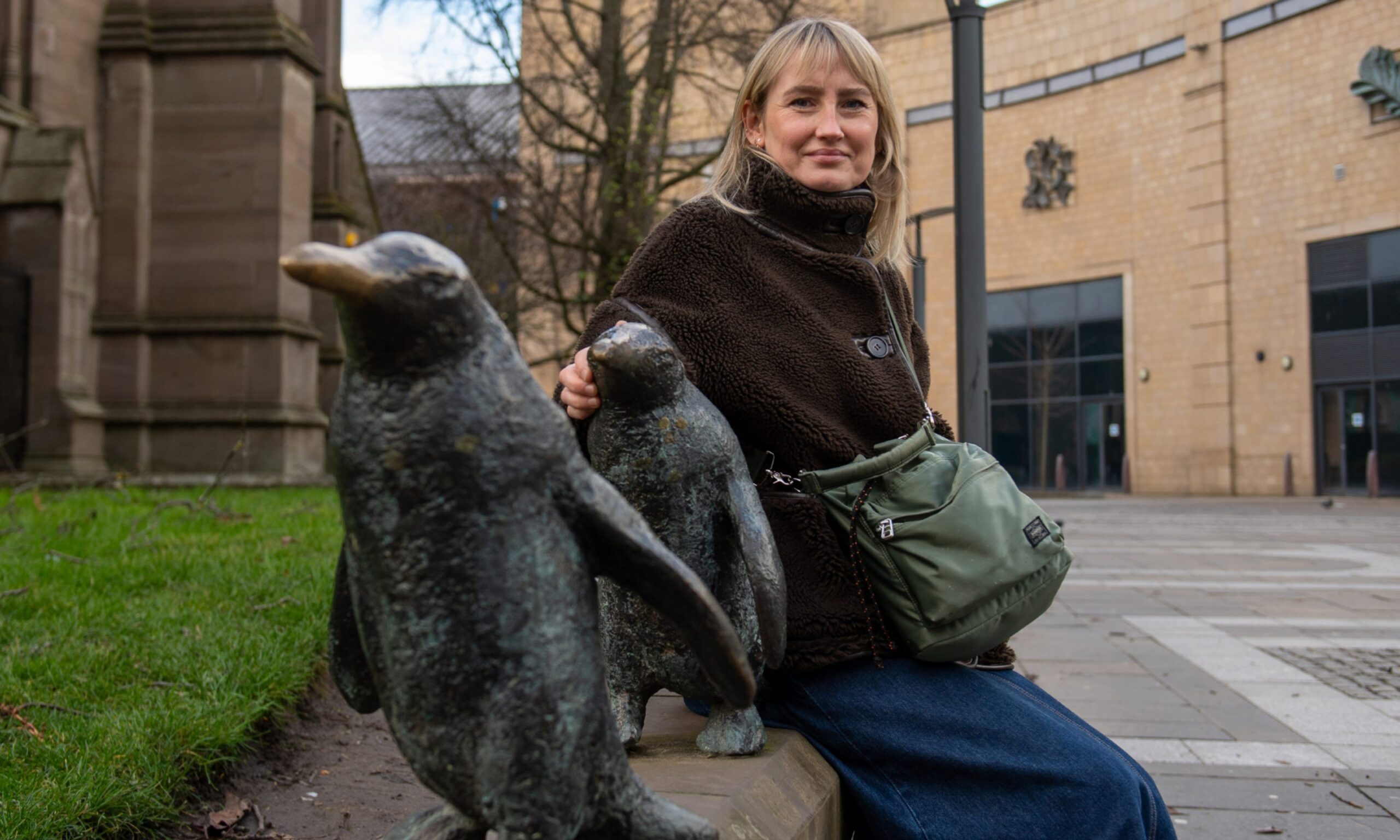
Conversation